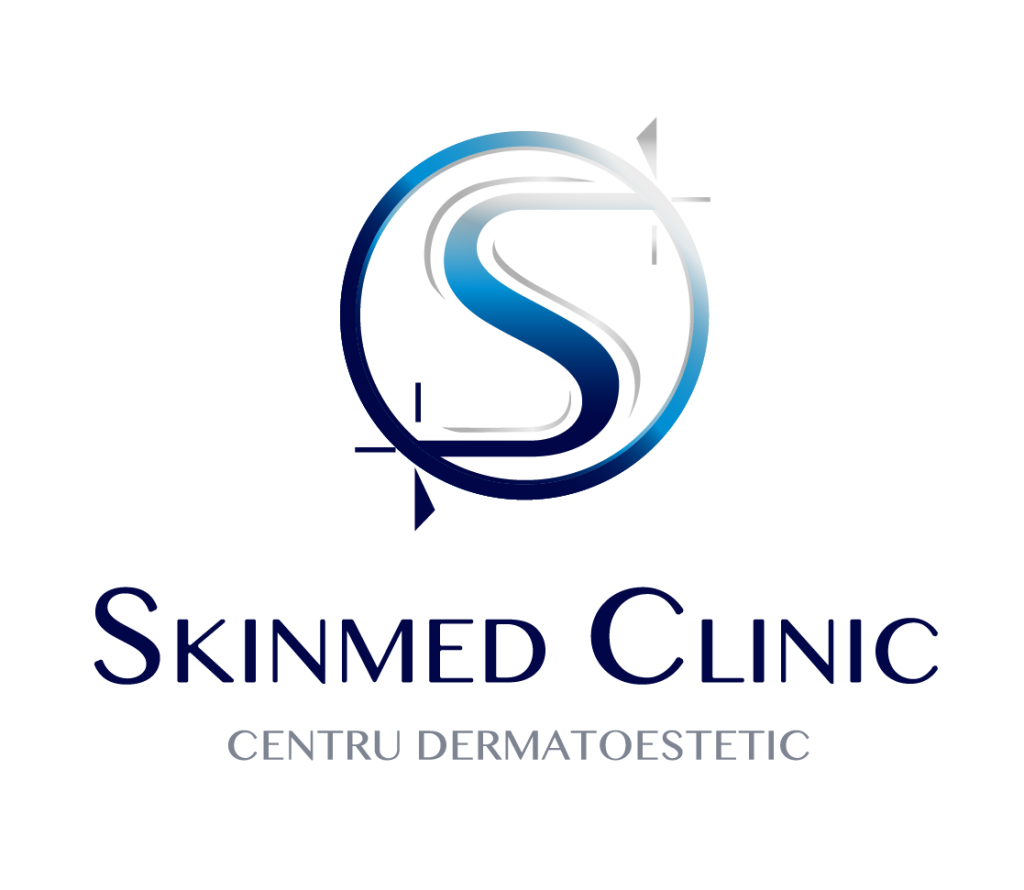Dermatoscopy, a non-invasive skin screening method, has proven to be one of the most effective solutions for early detection of skin cancer. Sun exposure and environmental factors can significantly affect skin health, and close monitoring becomes essential to prevent serious problems. Experts at Skinmed Clinic recommend regular check-ups to detect lesions early and prevent them from developing into more serious conditions. A simple visit to the dermatologist can make the difference between health and complications.
Artificial intelligence, your ally in early diagnosis
At Skinmed Clinic, digital dermoscopy with the Fotofinder, based on artificial intelligence, offers the most advanced technology for diagnosing and monitoring skin conditions. This state-of-the-art equipment can identify skin cancer in its earliest stages, thanks to highly detailed analysis. Each lesion is carefully examined and the evolution of your skin is tracked over time to capture any subtle changes.
Fotofinder creates a complete map of your skin using high-resolution images, ensuring accurate and efficient monitoring. So any change, even the smallest, is immediately detected, giving you a crucial advantage in the prevention and early treatment of serious conditions.
Skin monitoring is not a fad, but a necessity
Skin cancer can appear without visible signs and its progression can be slow, making early diagnosis vital. Skinmed Clinic specialists emphasize that dermoscopy, performed with state-of-the-art equipment such as the Fotofinder, is one of the most effective methods of prevention. Regular skin examinations give you the peace of mind that any suspicious lesions will be identified in time, thus preventing major complications.
When should you see a dermatologist?
The experts at Skinmed Clinic advise you to look out for the following warning signs:
- The ABCDE rule for suspicious moles: asymmetry, irregular borders, non-uniform color, diameter over 6 mm and rapid progression.
- The appearance of new moles or lesions after the age of 30-40.
- Changes in existing moles, such as a change in color, size or shape.
- Lesions that do not heal in 3-4 weeks.
- Red or scaly lesions, such as actinic keratoses.
- Lumps or growths on the skin that appear suddenly and look unusual.
- Dark spots under the nails, not related to trauma.
- Pigmented lesions in sensitive areas such as mucous membranes.
- Itching, pain or tenderness in areas with moles or lesions.
- Lesions that bleed or crust repeatedly.
Act now for the health of your skin!
Regular skin monitoring is essential to ensure that any potentially serious problems are caught early. By being proactive and scheduling a digital dermoscopy, your health will always be under control. This attention to your skin can prevent risks and give you the confidence you need to enjoy a healthy life.
Choose to protect your skin, and the specialists at Skinmed Clinic will be with you every step of the way, making sure you receive the most advanced solutions for prevention and treatment skin cancer. Don't wait until it's too late - regular dermoscopy can save your life!


